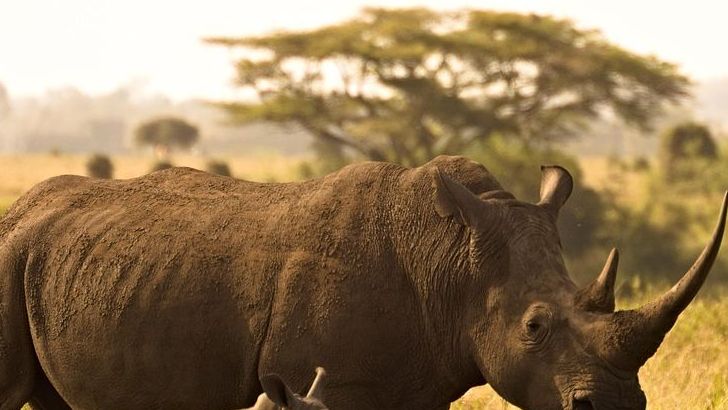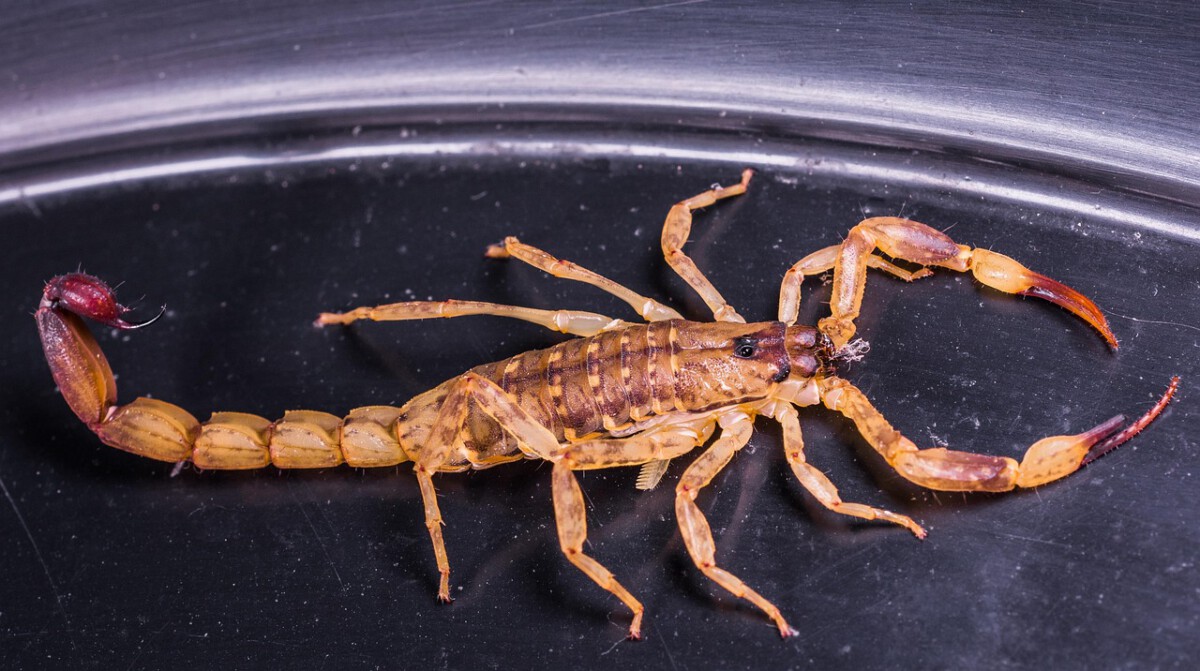Lions: The King of Beasts Becomes the Coward of the Savanna

You’d think the mighty African lion would fear nothing, but new research from South Africa’s Kruger National Park proves that’s totally wrong. Scientists discovered that animals fear the human “super predator” far more than lions, with wild animals twice as likely to run away and leaving watering holes 40% faster when they hear human voices compared to lion sounds. Even elephants and rhinos, the heavyweight champions of the animal kingdom, sprint away from humans faster than they flee from the roar of Africa’s apex predator.
What’s even more shocking is that in recent decades, lions have been responsible for relatively few human deaths – that’s roughly four people per year. These top predators have more to fear from humans than humans do from them. The tables have completely turned, and the once-feared “king of beasts” now runs from the sound of casual human conversation like a scared house cat.
Sharks: The Ocean’s Most Misunderstood Predator

Recent data shows unprovoked shark attacks remain at low levels, down 22 from the previous year and significantly below a 10-year average of 70. This is absolutely mind-blowing when you consider how terrified people are of these creatures. Sharks have more to fear from humans than we do of them – humans hunt sharks for their meat, organs, skin, and fins to make products like shark fin soup.
In an average year, humans kill tens of millions of sharks, with estimates suggesting tens of millions of sharks killed by fisheries. Experts confirm that sharks don’t seek out humans and most incidents are cases of mistaken identity – yet the fact that bite numbers are even lower than last year reinforces the idea that humans aren’t natural prey for sharks. The reality is that these ancient predators are swimming away from us as fast as their powerful tails can carry them.
Big Cats: Tigers and Mountain Lions Running Scared

Despite Hollywood’s portrayal of man-eating tigers, the truth is far different from fiction. Tigers have killed more humans than attacks by any other big cats, but they tend to attack humans only while hunting or when they feel threatened. However, tigers are increasingly avoiding human contact altogether. Mountain lions present an even more fascinating case study – very few Canadians and Americans have been killed by mountain lions in recent decades, while over 25,000 Canadians and 400,000 Americans died in car accidents during the same period.
Wild research from Kruger National Park found that leopards and buffalo were among the only animals who stayed at water holes longer when they heard humans, but the difference wasn’t statistically significant – proving that even the notion that animals get used to humans when not being hunted is false. These powerful predators have developed an almost instinctual fear of human presence that overrides their natural hunting instincts.
Australian Wildlife: Marsupials Terrified of Human Voices

A groundbreaking 2024 study demonstrated that kangaroos, wallabies and other Australian marsupials fear humans far more than any other predator. This is particularly stunning considering that Australia lacks fearsome large carnivores like lions and wolves, yet marsupials show relative lack of fear to dogs and other introduced carnivores, which overlooks the 50,000-year-long presence of the world’s most fearsome predator – the human “super predator”.
Researchers found that the substantial fear of humans can be expected to have dramatic ecological consequences, as fear itself can reduce wildlife numbers and cause cascading impacts throughout entire landscapes. The study used hidden camera-speaker systems that played human voices speaking calmly versus other threatening sounds like dogs barking and Tasmanian devils snarling – and humans consistently won the fear factor contest.
The Global Pattern: Humans as the Ultimate Super Predator

Research published in Current Biology confirms that humans instill a level of fear in animals that significantly surpasses lions and other natural predators, with global surveys showing that humans hunt more prey than any other predator. This isn’t just happening in one region – it’s a worldwide phenomenon that’s reshaping animal behavior on every continent.
Scientists have officially labeled humans as a “super predator” because global surveys show humans kill prey at much higher rates than other predators – our species hunts terrestrial carnivores at a rate nine times higher than any other animal, and fish as much as 14 times more than any marine predator. The profound fear that wildlife everywhere shows toward humans is completely consistent with humanity’s unique lethality in the natural world.
The Conservation Silver Lining

Here’s where this gets really interesting – scientists are now using this fear as a conservation tool, playing recordings of human sounds to stop animals from staying in certain places for long periods, which protects them from illegal hunting, and initial tests of keeping endangered rhinos away from poaching areas through human voices have been successful. It’s like nature’s own security system, powered by our terrifying reputation.
Even apex predators take great pains to avoid people, and many findings suggest that wildlife respond to humans similarly to how they respond to their natural predators, such as fleeing from both human and predator approaches. This pervasive fear might be disrupting what animals eat and where they go, but it’s also giving conservationists a powerful new tool to protect endangered species. Who would have thought that our scary reputation could actually save lives – animal lives, that is?
The next time you’re worried about dangerous animals, remember this: they’re probably more worried about you than you are about them. In fact, they’re so scared of us that they’re literally running in the opposite direction as fast as they possibly can. Makes you wonder who the real apex predator is, doesn’t it?



